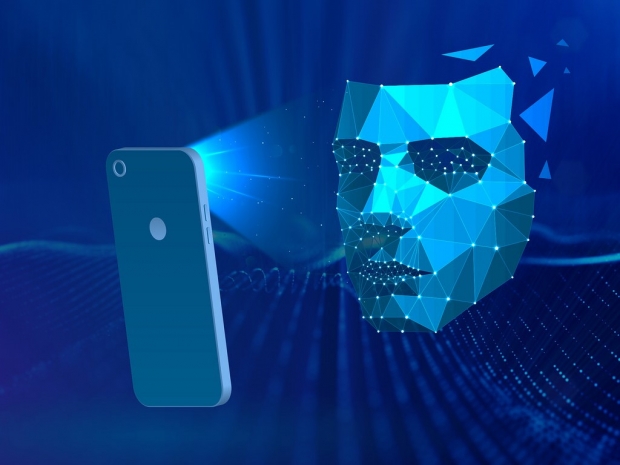Designed by the recruiting-technology firm HireVue, the system uses candidates' computer or mobile phone cameras to analyse their facial movements, word choice and speaking voice before ranking them against other applicants based on an automatically generated "employability" score.
HireVue's "AI-driven assessments" have become so pervasive in some industries, including hospitality and finance, that universities make special efforts to train students on how to look and speak for best results. More than 100 employers use the system, including Hilton, Unilever and Goldman Sachs, and more than a million job seekers have been analysed.
But some AI researchers argue the system is digital snake oil -- an unfounded blend of superficial measurements and arbitrary number-crunching, unrooted in scientific fact.
Analysing a human being like this, they argue, could end up penalising nonnative speakers, nervous interviewees or anyone else who doesn't fit the model for look and speech.
Meredith Whittaker, a co-founder of the AI Now Institute, a research centre in New York, said that it's a profoundly disturbing development that we have proprietary technology that claims to differentiate between a productive worker and a worker who isn't fit, based on their facial movements, their tone of voice, their mannerisms.
"It's pseudoscience. It's a license to discriminate. And the people whose lives and opportunities are literally being shaped by these systems don't have any chance to weigh in."


